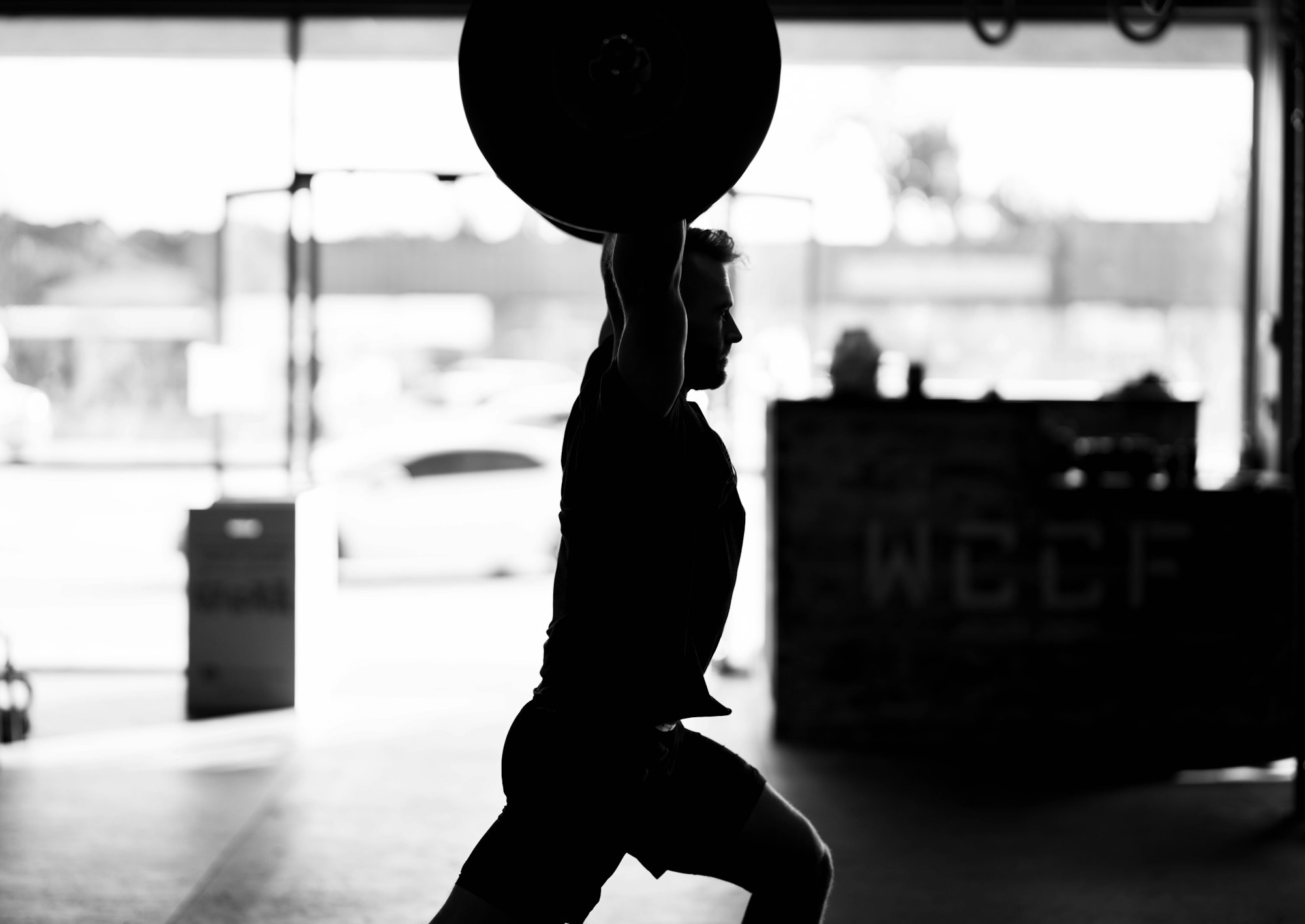How to Build Muscle: Hypertrophy Explained
Hypertrophy is what allows your muscles to grow in response to exercise. This growth comes from increasing the SIZE of muscle cells, not the number of muscle cells. That's all well and good, but what can you do as an individual to actually build muscle?

Having a healthy amount of skeletal muscle can go a very long way in preventing disease, increasing strength, and enhancing your metabolism! You can build skeletal muscle using effective diet and exercise techniques that improve hypertrophy. Hypertrophy is defined as an increase in the size of tissues (such as muscle) by enlarging the component cells without the multiplication of parts, generally in response to a stimulus. In other words, hypertrophy is what allows your muscles to grow in response to exercise. This growth comes from increasing the SIZE of muscle cells, not the number of muscle cells. That's all well and good, but what can you do as an individual to actually build muscle?

The most effective method for building muscle is performing compound lifts. A compound lift is an exercise such as a deadlift, squat, bench press, or pull-up that works multiple muscles at the same time when performed correctly. These types of lifts should be the basis of any resistance training program! It's important to build a solid foundation in each of these movements as you continue on your fitness journey, and being proficient in them will allow you to expand into other more niche types of weight baring exercise.
For all of these lifts, it's important to focus on technique and ignore your ego. Keeping a flat back on a deadlift, hitting parallel on a squat, touching your chest on a bench press, and getting your chin above the bar in a pull-up are all ques that should be taken seriously! If adding weight means that your technique is breaking down (back rounding, shallow squat, etc...) then you're ego lifting. If you can leave your ego at the door, you'll progress much faster and also prevent injury.
An important concept here is "time under tension". The longer the muscle is contracted the better. This is true for both concentric (muscle shortening) and eccentric (muscle lengthening) contractions. Hypertrophy and time under tension are directly correlated!

One approach you can take to training is progressive overload. This involves slowly upping the intensity of workouts by adding more weight or reps over time. Similar to recommendations you hear from runners, it may be wise to only increase your intensity by a maximum of 10% every week in order to prevent injury and give your body time to adapt to new stimuli. There are many ways to train that involve progressive overload. From bodybuilding and CrossFit to powerlifting and Olympic lifting, you can't really go wrong!
However, there is one aspect of training that is more important than anything else, and that's consistency. You have to show up! If you genuinely care about your longevity and actually want to make it a priority, then you have to make sure you're being consistent. Once you start reliably showing up day after day, you'll start to see results. With that being said, muscles take time to grow. In fact, it's much more difficult to add lean muscle to your frame than it is to add fat and it also takes a lot longer. For example, gaining 10 pounds of muscle in a year would be an incredible achievement! On the other hand, gaining 10 pounds of fat would be super easy and take half the time. This is why consistency is key.
The good news about muscle is that it tends to stick around. It doesn't actually require that much stimulus to maintain muscle mass, assuming you came by it naturally. With the exception of being bedridden, which can drastically decrease muscle mass very quickly, you tend to keep your hard-earned muscle for a long time. This is another important difference from fat, which compared to muscle can be lost extremely quickly. For instance, most weight loss regimens recommend losing 1-2 lbs per week, and the majority of that weight will be fat and water. Losing that much muscle in a week would be unprecedented. We also know that if you fall off the wagon at any point, it's much easier to get back to where you were if you have a history of training than if you were starting from scratch.

Remember that hypertrophy also requires protein. So, focus all you want on training hard, if you're diet isn't in check you simply won't get the best results. With that being said, don't let diet take over your life! We definitely want to avoid orthorexia, which is an unhealthy focus on eating healthy food. This involves an obsession with eating well that actually deteriorates your overall well-being. It's rare, but it happens!
I hope you feel motivated to get outside of your comfort zone and build some muscle this year. Future you will appreciate all the hard work, and consistency pays dividends!

